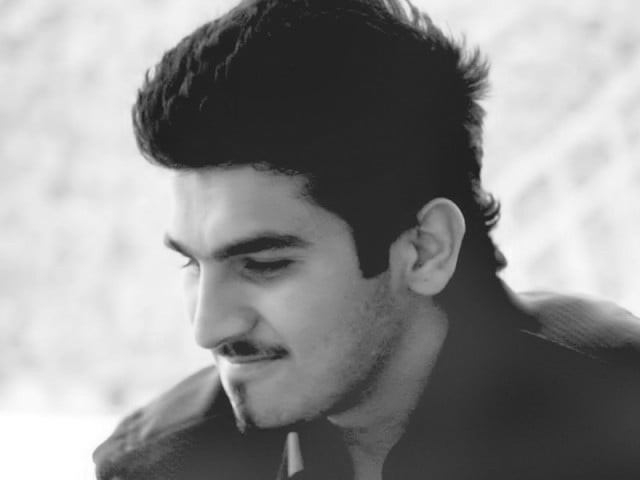Comment: Why the police should share the blame
Gabol says he waited an hour for concerned SHO to reach the hospital where his nephew was admitted after being shot.

Chief Justice Chaudhry observed that the various deadlines set to catch killers were nothing short of a ploy to frustrate progress.
While Chief Justice Iftikhar Muhammad Chaudhry quietly discussed the police’s inadequacy in capturing Shahzeb Khan’s killers with his colleagues, the rest of the courtroom was filled with a tense stillness.
But the silence was brief. The chief justice warned senior police officials of Sindh and ‘others’ of action for shielding the accused. “Keep it in mind! Not only the inspector-general police (IGP), but others too will lose their jobs,” the chief justice told Additional IG Rafique Hassan.
The Sindh advocate general and the IGP’s absence from the court proceedings further irked an already dissatisfied chief justice, who didn’t mince his words in snubbing the investigating officer. He had earlier accused him of spoiling an important investigation. Chief Justice Chaudhry also observed that the various deadlines set to catch killers were nothing short of a ploy to frustrate progress.
For many, the fact that the Sindh police has been dragging its feet over the issue mirrors the force’s greater inefficiencies. Shahzeb’s family believes he would still be amongst them today if the police had responded to their call as soon as the brawl broke out.
The victim’s uncle, Naveed Gabol, who is also a Pakistan Peoples Party (PPP) MPA from Sindh, said he waited an hour for the concerned SHO to reach the hospital where his nephew was admitted after being shot. “It was only when I spoke with AIG Sindh Iqbal Mahmood that the SHO arrived,” Gabol told The Express Tribune.
“Shahzeb’s sister told me that she had called 15 for help as soon as she heard about the brawl, but no one bothered to come to the spot even after 45 minutes,” he said. It was about time that the police shunned political influence and corruption, he added.
Earlier, during a hearing on the Karachi law and order case, senior police officials had admitted that a staggering number of police officials had political connections and affiliations. The court had called for weeding out political influence from the law enforcement agency’s ranks, but that order remains so far unimplemented.
Legal experts believe that the executive need to join hands with the judiciary to depoliticise a force which has been tasked with protecting the lives and property of citizens. Talking to The Express Tribune, former law minister Iftikhar Gilani said, “Here you see the executive encouraging police to disobey the courts.”
Gilani felt that there was no need for new legislation to turn the police into an independent body, since laws and court judgments already exist in this regard to ensure their impartiality. He referred to the latest Supreme Court verdict in Anita Turab’s case which delves deep into the responsibilities of government servants.
Published in The Express Tribune, January 5th, 2013.


1724319076-0/Untitled-design-(5)1724319076-0-208x130.webp)
















COMMENTS
Comments are moderated and generally will be posted if they are on-topic and not abusive.
For more information, please see our Comments FAQ